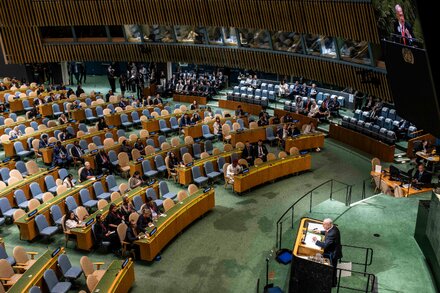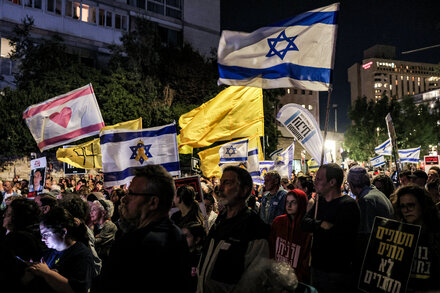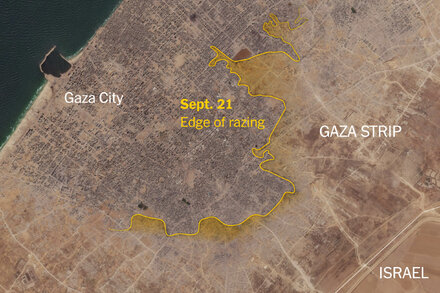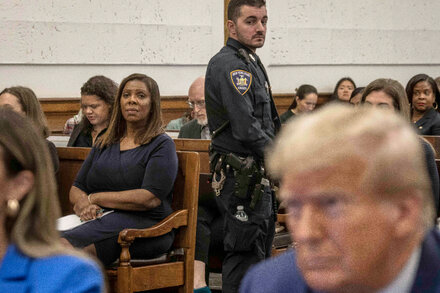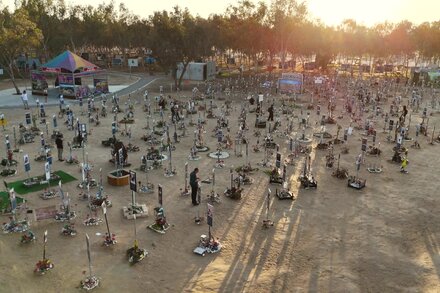
Israel is currently navigating an intricate internal landscape, marked by profound political disagreements and deep societal divisions that analysts suggest are challenging the very fabric of the nation. While external security threats remain a constant, a growing consensus points to an escalating “war within itself” – a complex interplay of disputes over national identity, governance, and the country’s strategic future, particularly in the aftermath of prolonged conflicts.
The political arena is characterized by intense fragmentation and instability. The existing governing coalition faces persistent calls for early elections from opposition parties and a significant segment of the public. Disagreements within the government regarding post-conflict strategy, budget priorities, and the accountability for recent events have frequently spilled into public view, eroding trust and fostering an environment of partisan acrimony.
“The current leadership appears more focused on its own survival than on the critical task of uniting a fractured nation,” stated a prominent opposition figure, addressing a recent rally in Tel Aviv. “We need a government that can bridge divides, not deepen them, and address the fundamental questions facing our society.”
Beyond the Knesset, Israeli society is experiencing a period of significant polarization. Public protests, initially sparked by demands for the return of hostages and accountability for security failures, have broadened to encompass a wide array of grievances. These include dissatisfaction with economic policies, proposed judicial reforms, and the broader direction of the country. The long-standing tensions between secular and ultra-Orthodox factions, particularly over issues of military conscription and religious influence in state affairs, have been exacerbated, creating deeper rifts.
“The collective trauma of recent years has, paradoxically, highlighted and intensified our internal differences rather than fostering greater unity,” observed Dr. Ilana Cohen, a senior researcher at the Israel Democracy Institute. “We are witnessing a profound struggle over what kind of society Israel wants to be, with no easy answers in sight.”
Families of hostages have emerged as a particularly vocal and influential force in public discourse, organizing regular demonstrations and directly confronting government officials. Their persistent demands for action reflect a broader sense of disillusionment and a feeling among many citizens that their voices are not being adequately heard by their elected representatives.
This internal strife poses significant challenges to Israel’s capacity to address both its security concerns and pressing economic issues. The ongoing debates over military conscription, the allocation of national resources, and the country’s international standing are often overshadowed by the pervasive domestic discord. Observers suggest that a period of profound introspection and potential political realignment may be necessary to bridge the widening divides and chart a coherent path forward for the nation.
Source: Read the original article here.


